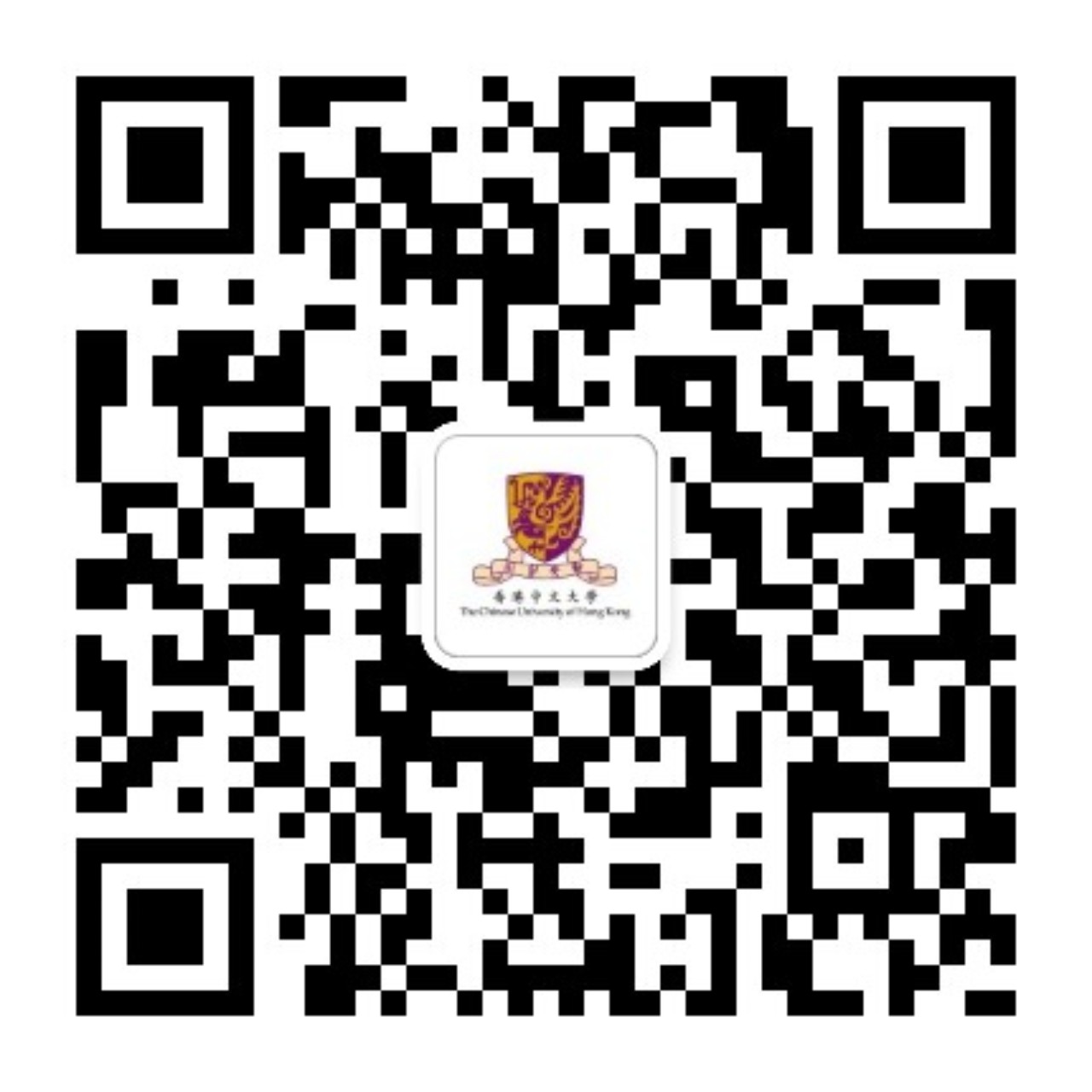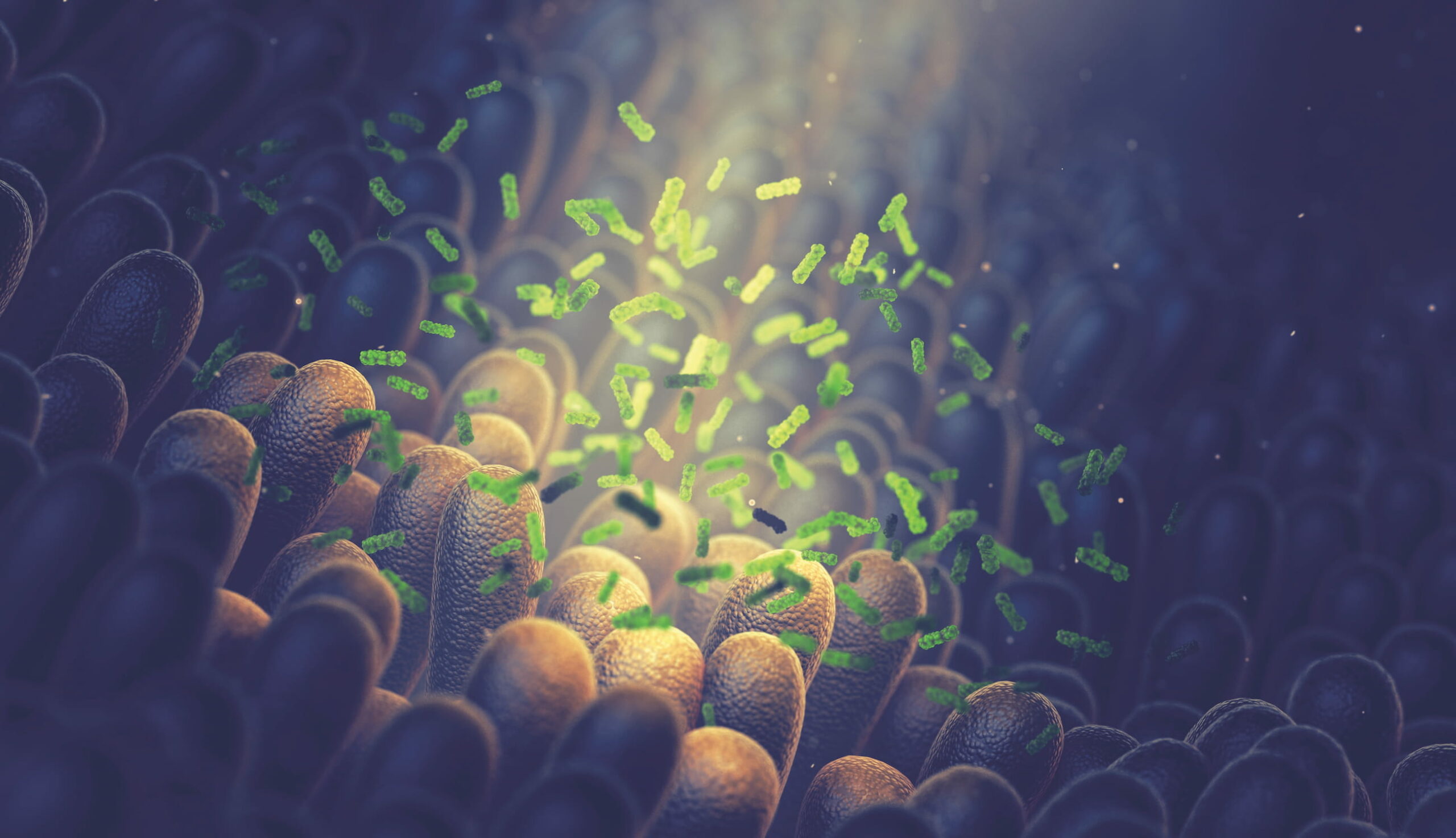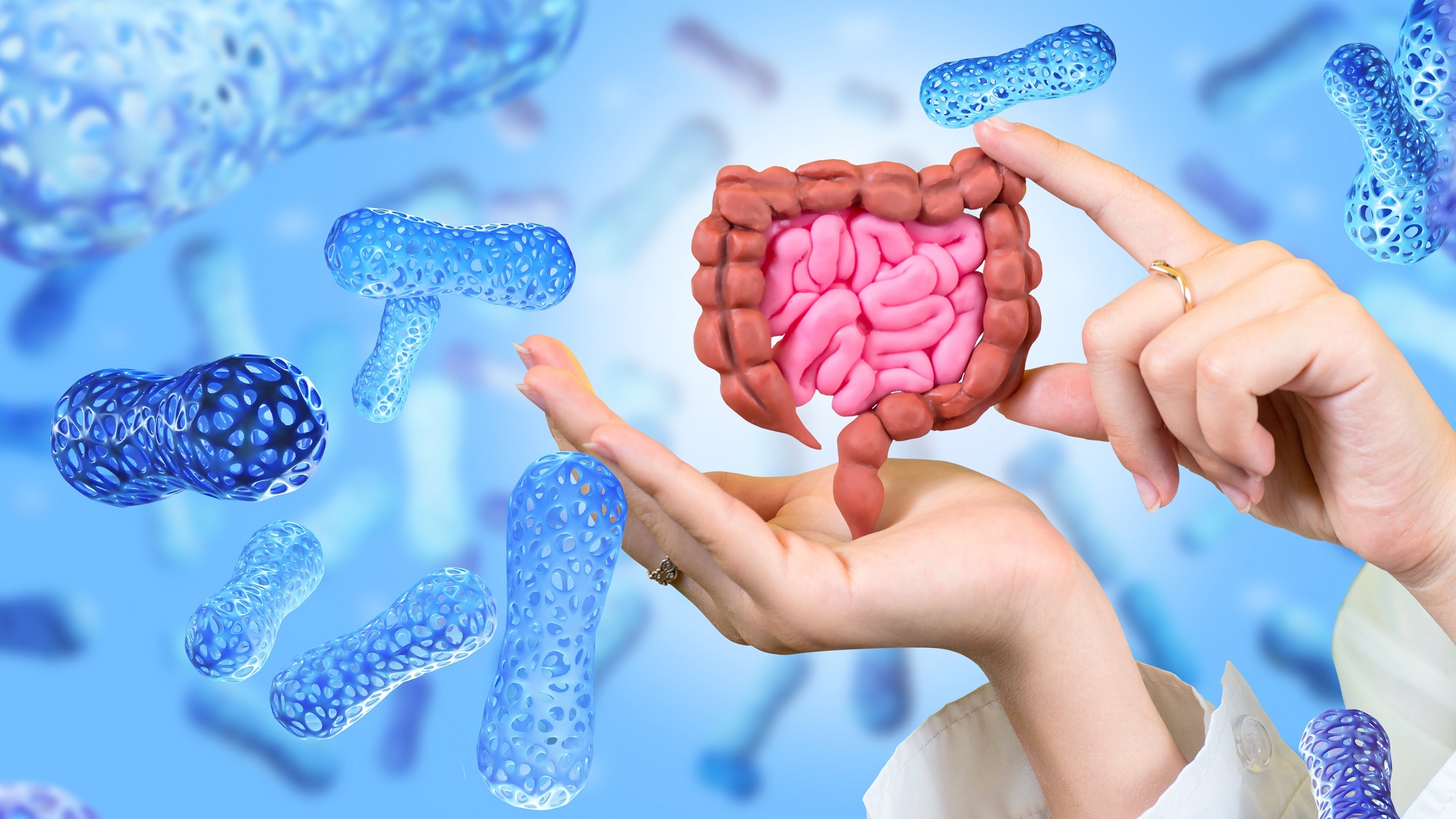Research excellence across many fields in The Chinese University of Hong Kong (CUHK) has proved to be world leading, including in regenerative medicine, biomedicine, artificial intelligence, robotics, and special education. CUHK has made a big impression by reaping a total of 17 awards at the International Exhibition of Inventions of Geneva 2022. Another piece of good news is that Professor Raymond TONG from the Faculty of Engineering has been given the honour of an American Institute for Medical and Biological Engineering (AIMBE) College Fellowship for his groundbreaking technology for rehabilitation.
Reaping awards at the International Exhibition
This year’s exhibition has showcased nearly 800 innovations from 25 countries online. CUHK won four Gold Medals, ten Silver Medals and three Bronze Medals, demonstrating the University’s excellence in research and innovation on the global stage and the success of CUHK’s knowledge transfer on translating research and innovation into tangible benefits and outcomes for society.
Four awarded projects were developed under the world-class InnoHK research centres led by CUHK in collaboration with top research institutes around the world. Among them, two projects led by Professor Francis CHAN and Professor Siew Chien NG from the Department of Medicine and Therapeutics involve the discovery of autism spectrum disorder (ASD)-specific fecal bacterial markers as a non-invasive diagnosis, and the identification and modulation of the gut microbiota with a proprietary algorithm which enables donor and recipient matching. Professor Pauline Po Yee LUI from the Department of Orthopaedics and Traumatology has successfully invented the bioactive decellularised stem cell sheet used for the promotion of tissue repair and as a scaffolding material for the synthesis of bio-artificial tissue. Professor Zheng LI from the Department of Surgery has developed a new brain biopsy cannula design and a robotic system for accurate cannula positioning and safe stereotactic brain biopsy which helps shorten operation time, improve biopsy yield success rate, and reduce complications.
Another ten projects have been commercialised through university-supported start-up companies led by CUHK researchers. These include an invention developed by Professor Weitian CHEN from the Department of Imaging and Intervention Radiology that can be used for the non-invasive diagnosis of biomedical properties of various human disease at early stages like liver fibrosis; an ultrafast oscillating blade microtome developed by Professor Shih-Chi CHEN from the Department of Mechanical and Automation Engineering that enables precise sectioning of various ultrasoft materials, such as fresh tissues and expanded or optically cleared organs that were hard to process before; a novel therapeutic device for prevention and treatment of knee osteoarthritis and related degenerative diseases developed by Professor Ling QIN from the Department of Orthopaedics and Traumatology; the cable-driven inspection robot for high-rise building façades, and brick structure construction system “CU-Brick” invented by Professor Darwin Tat Ming LAU from the Department of Mechanical and Automation Engineering and his team; a formula composed of magnesium and vitamin C developed by Professor Jerry Jiankun XU from the Department of Orthopaedics and Traumatology that can promote cartilage regeneration in osteoarthritis.
Professor Catherine Wing-Chee SO from the Department of Educational Psychology set up social enterprise Robot for Autism Behavioral Intervention® (RABI®) to provide assistance to children with special educational needs; it was one of the winning projects at the International Exhibition of Inventions of Geneva. The project also received an Outstanding Social Service Award and three Service Delivery Awards in the Innovative Ideas, User Participation, and Evidence-based Practice categories at the 2021 Best Practice Awards in Social Welfare from the Hong Kong Council of Social Service.
(All awarded CUHK projects at the International Exhibition of Inventions of Geneva)
Rehabilitation technology that is recognised internationally
One of the multi-disciplinary innovative inventions made possible by CUHK scholars is by Professor Raymond TONG from the Department of Biomedical Engineering, who has developed a mechanical robotic hand rehabilitation system “Hand of Hope” to enable stroke patients to rehabilitate their hand functions through motor relearning, translating research into societal benefits.

“Hand of Hope” and his establishment of the first university Biomedical Engineering (BME) Department in Hong Kong have brought him the honour of election to the 2022 Class of AIMBE College of Fellows. Among the 153 fellows elected this year, Professor Tong is the only scholar from Hong Kong.
Over the years, Professor Tong has had numerous achievements in research and education. Following the invention of “Hand of Hope” in 2012, his team developed a soft robotic hand made of silica to further improve stroke patients’ rehabilitation process. On the education front, Professor Tong is the founding Chairman of CUHK’s Department of BME and has led the Department to educate hundreds of biomedical engineers to contribute solutions to human health problems.










